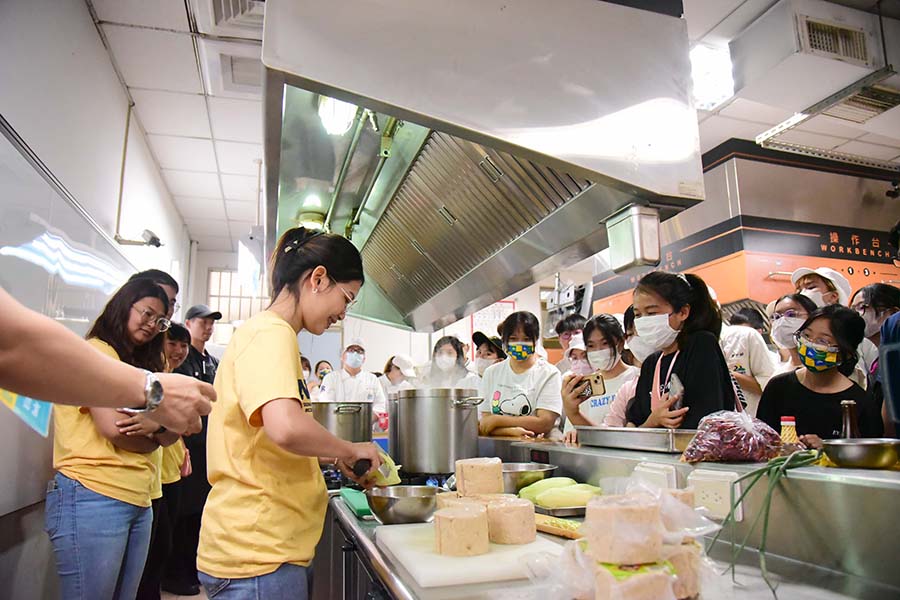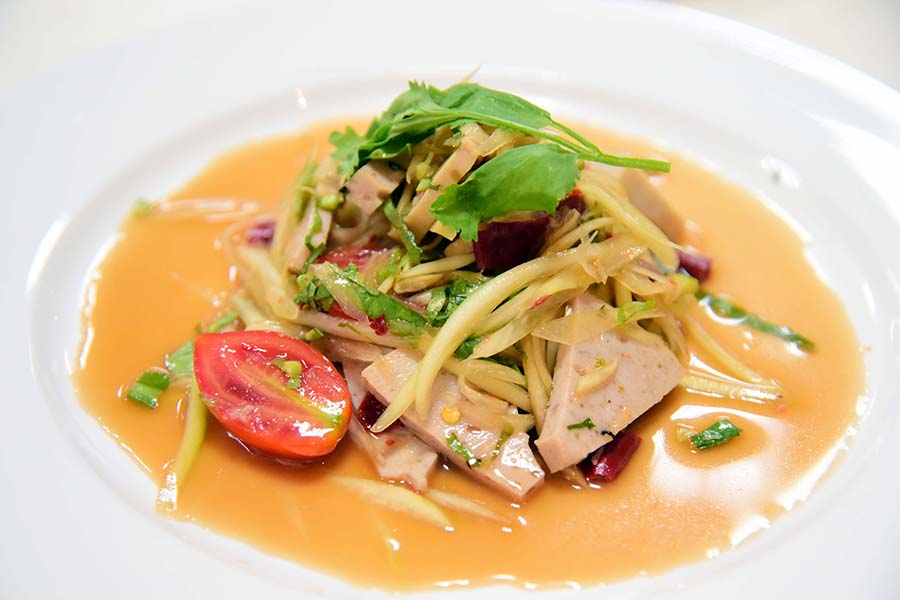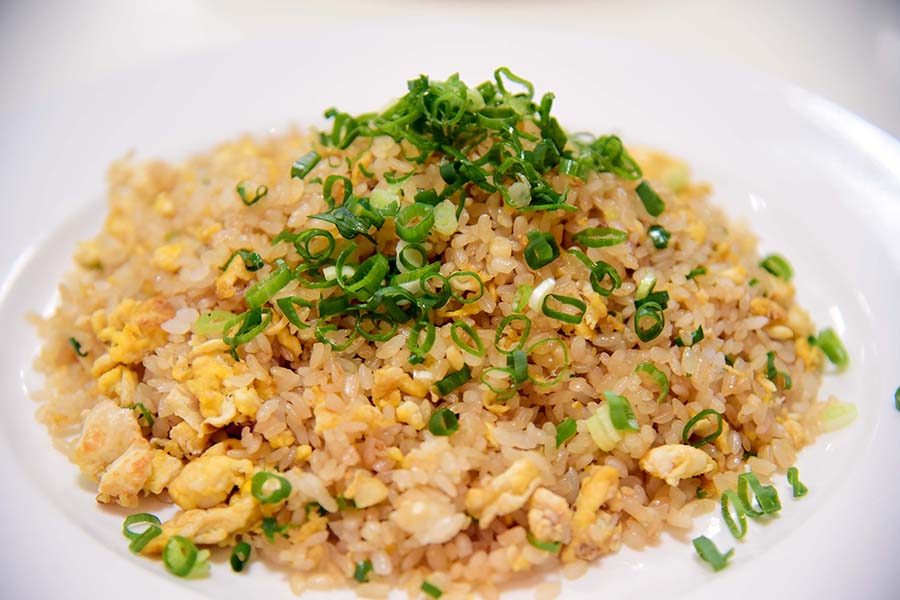A Thai-Taiwanese cuisine and culture exchange was held on October 19th, 2023 at the NPSUST Department of Hotel and Restaurant Management. OIA Vice-Dean Yuh Tzean and Director of Cooperation Kun-Yu Liu hosted the opening ceremony of the event, which was jointly organized by the Office of International Affairs (OIA) and the Department of Hotel and Restaurant Management. The exchange was held in coordination with a short-term agriculture science and Chinese language training camp, which brought 29 Thai students to NPUST under the guidance their teachers, Napaporn Sorncharoon, Nuttika Sopuk, Areerak Phetsahai, and Weerapong Wannayot. Taiwanese students from the Department of Hotel and Restaurant Management also took part in the exchange, during which they compared the ways in which similar dishes from the two countries varied based on dietary customs. Through the culinary and cultural exchange, the students were able to identify with one another and form cross-cultural friendships. By learning to respect and appreciate the cultural differences of different countries, students are able to establish values of tolerance and friendship while also developing better communication skills.
OIA Vice-Dean Yuh Tzean delivered a speech at the opening, saying “food plays a very important role in cultural inheritance, tradition and history, and we hope that through this Thai food event, students can enjoy a quality time of exchange, and develop a better understanding of one another’s culture.”
After breaking into groups, students from the Department of Hotel and Restaurant Management guided the Tai and Taiwanese students through the steps as they prepared delicious foods. The first dishes to appear were the Thai green papaya salad and Taiwanese cold cucumber salad. The Thai entrée was prepared with lemon, chili pepper, fish sauce, shrimp paste, dried shrimps, chopped peanuts and other spice to create a multi-layered experience. The Taiwanese-style crispy cucumber salad was accented with touch of sesame oil to create an appetizing aroma. Both of the salads are simple and delectable cold dishes which make a great start to a meal.
Next up on the menu were Thai milk tea and pearl milk tea beverages. The Thai milk tea brings together a fusion of bitter, sweet and fragrant flavors, and its success depends getting the steps of brewing and pulling the tea just right. Once the condensed milk and evaporated milk is added, the rich, fragrant and authentic Thai milk is ready for serving. The Taiwanese pearl milk tea is simply composed of three parts: fresh milk, black tea and pearls—with the proportions of fresh milk and black tea adjusted according to personal preference. The pearls, which play a leading role, are created through a five step processes which includes “boiling, pouring, simmering, braising and mixing”. The timing of each step must be just right to create delicious pearls with just the right chewy texture.
Finally, the Thai students were taught how to make peppercorn chicken, a popular dish that has made its way back to Thailand from Taiwan in recent years. They also learned how to use Maggi Seasoning to make home-style Taiwanese egg fried rice—another recipe that they will be able to bring back to Thailand and share it with their families.
The NPUST Office of International Affairs organized the 2023 Thai Agricultural Science and Technology Short-term Chinese Language Training Camp from October 2 to October 22, 2023. A total of 29 students came from four middle schools in Thailand, including Debsirin Phukhae Saraburi School, Debsirin Samutprakan School, Debsirinromklao School, and Debsirin School. A teacher from each school accompanied the students on the exchange to NPUST, where they studied, played, and experienced life in Taiwan. The three-week course included diverse subject matter which gave focus to practical exercises. Experiential activities were organized in such fields as smart agriculture, biotechnology, food processing, environmental education, drone operation, animal science and more. The carefully planned out course provide the students with a deeper understanding NPUST’s rich connotations and opened them up to the idea of coming back for future studies.














